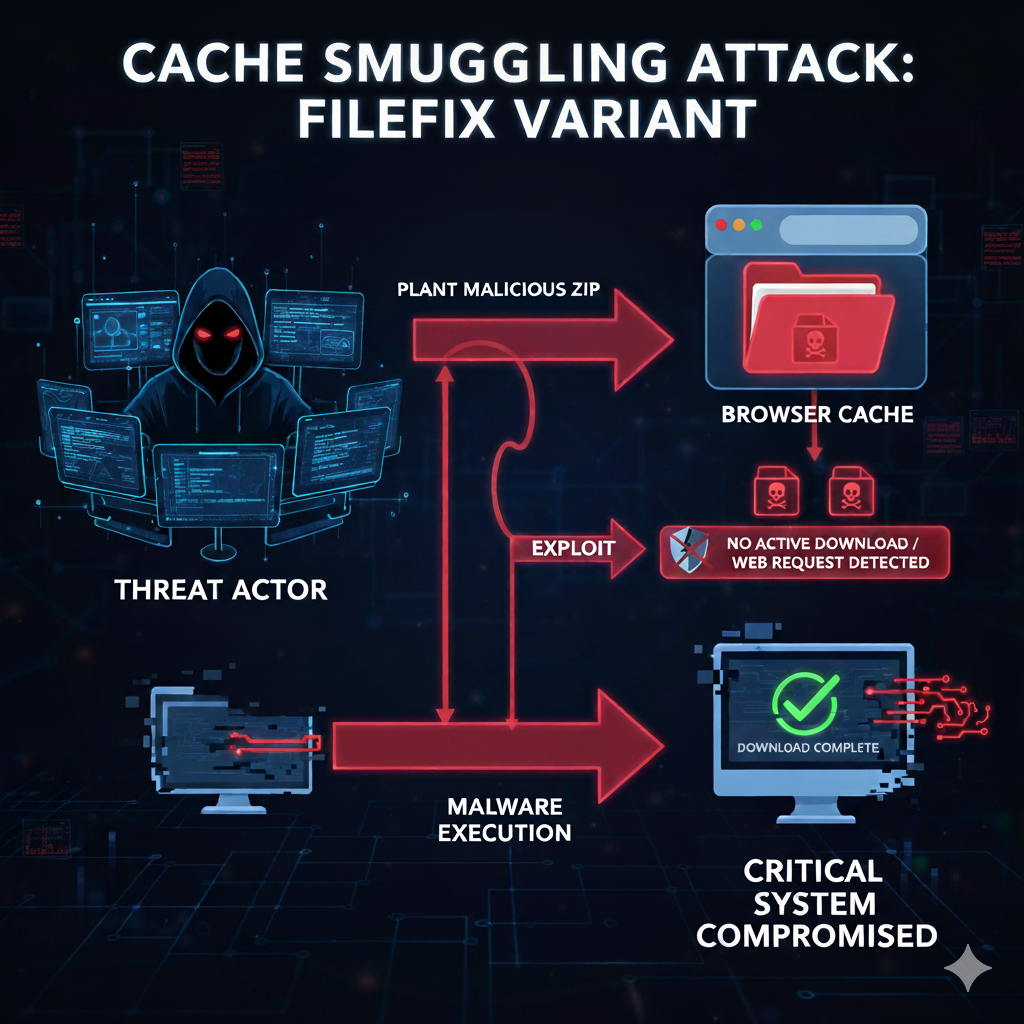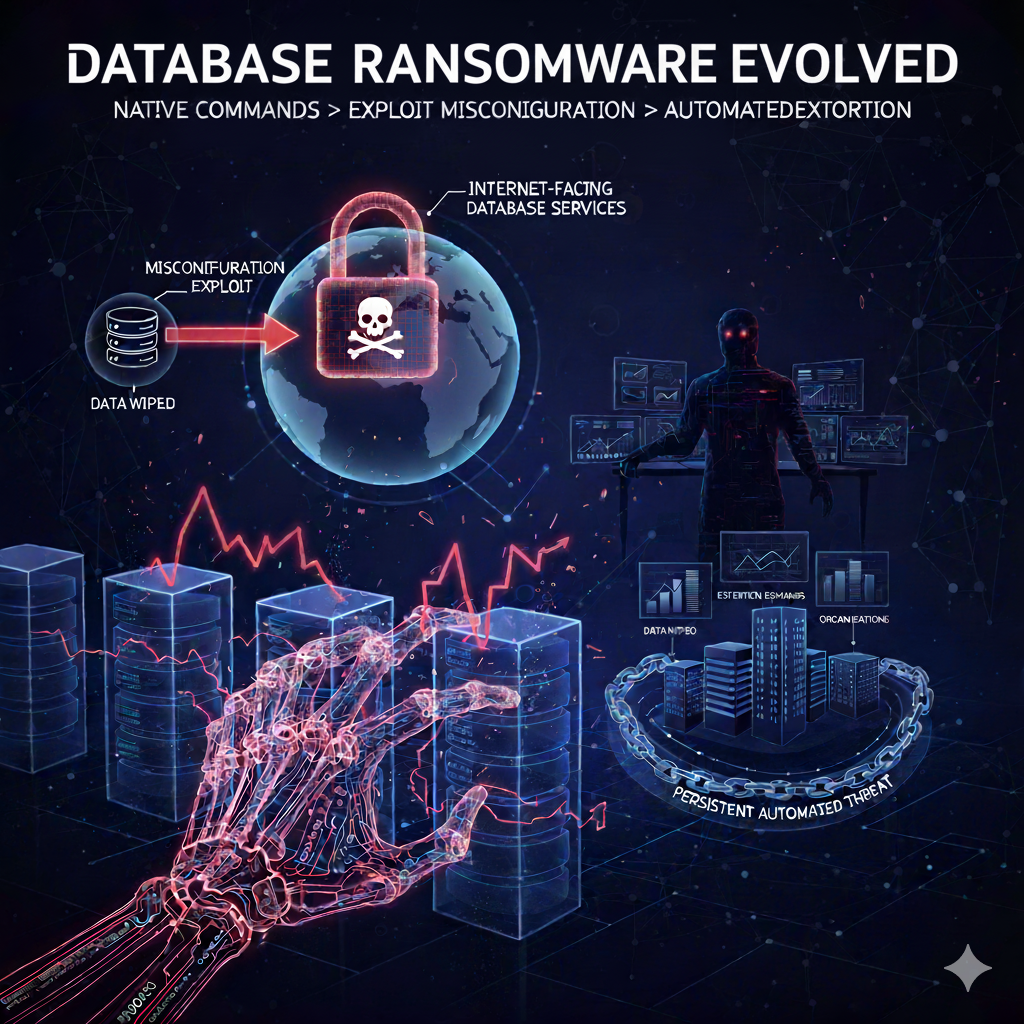BLUF: The Y2K38 and related time rollover issues are critical security vulnerabilities that can be exploited by threat actors today through time manipulation to cause system failures, security bypasses, and physical damage, rather than just being a future date-related programming bug.
The Year 2038 problem (Y2K38), which affects systems using a 32-bit integer to store time as seconds since 1970, poses an immediate security risk because time manipulation techniques, such as NTP injection or GPS spoofing, allow malicious actors to force the date rollover today, causing systems to malfunction or crash.
This vulnerability impacts a wide range of critical and embedded systems, including Industrial Control Systems (ICS), potentially leading to physical harm or catastrophic operational failures, while also compromising core cybersecurity functions like logging, forensics, and time-based authentication.
Unlike the Y2K bug, remediation is significantly more challenging, potentially requiring complex and costly migration from 32-bit to 64-bit architecture, rather than simple software fixes, particularly for the millions of difficult-to-update legacy and embedded devices. Stakeholders should treat the issue as an active vulnerability and prioritise fixes using established frameworks. A global effort is necessary to identify, upgrade, and develop contingency plans for vulnerable critical assets before the inevitable rollover date.
A final thought: we are much, much closer to Y2K38 than we are to the original Y2K bug.
More discussion here.




